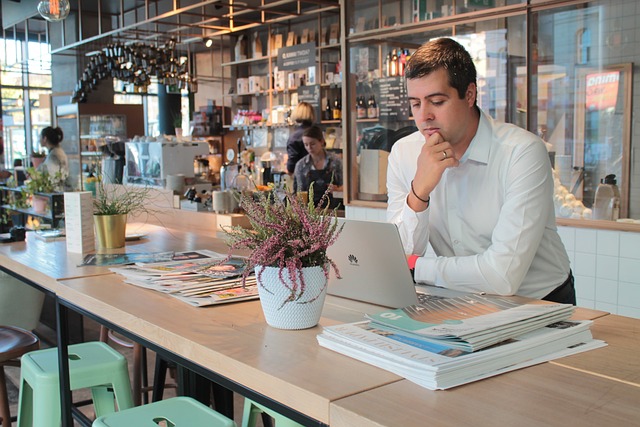In the rapidly evolving landscape of online education, fostering interaction is paramount to nurturing critical thinking among learners. The virtual classroom, once seen as a barrier to engagement, is now a dynamic space where knowledge building can flourish. As students navigate digital platforms, educators are tasked with the responsibility of enhancing online critical thinking skills, essential for academic success and lifelong learning.
Interaction in an online setting can take various forms, whether through discussion forums, collaborative projects, or real-time virtual meetings. These tools are not merely adjuncts to the instructional material; they are vital in cultivating a culture of inquiry that enhances critical thinking. When learners engage with one another, they are challenged to articulate their thoughts, question assumptions, and explore differing perspectives. This exchange of ideas is crucial in building a strong knowledge base.
Online critical thinking thrives in environments where students feel safe to express their opinions and engage in constructive debate. Educators can encourage this by creating guidelines for respectful communication and establishing a community ethos that values diverse viewpoints. By modeling critical thinking skills themselves, instructors can demonstrate how to analyze information, weigh evidence, and arrive at reasoned conclusions. This mentorship fosters a learning ecosystem where students are empowered to think critically and act thoughtfully.
Moreover, the integration of technology in online education offers innovative tools for enhancing interaction and knowledge building. Interactive simulations, problem-based learning modules, and multimedia resources provide students avenues for critical engagement with content. These technologies can stimulate questions and provoke discussions that would otherwise be absent in a purely lecture-based format. As students immerse themselves in these interactive experiences, they sharpen their analytical abilities, ultimately resulting in deeper understanding and retention of knowledge.
The flexibility of online learning allows for asynchronous interaction, which can be particularly beneficial in developing critical thinking. Students can take time to reflect on their responses before contributing to discussions, fostering a more thoughtful exchange of ideas. This environment encourages learners to dig deeper, consider multiple perspectives, and develop well-reasoned arguments, all key components of critical thinking.
Evaluating student performance in online settings also presents an opportunity to cultivate critical thinking. Assessments that focus on problem-solving, case studies, and reflective essays compel students to apply their knowledge rather than memorize facts. Such evaluations not only measure understanding but also enhance the analysis and synthesis of information, reinforcing critical thinking skills further. In an atmosphere that prioritizes growth and learning, students become more adept at navigating complex issues in their academic pursuits and beyond.
Finally, the role of peer feedback cannot be overstressed in the realm of online education. By engaging in peer review processes, students enhance their critical thinking through the assessment of others’ work. This collaboration fosters a mutual learning opportunity, as students gain insights into alternative approaches and reasoning processes. The dynamic interplay of critique and support encourages a comprehensive approach to knowledge building that extends well beyond the confines of textbooks.
In conclusion, online education presents a powerful platform for enhancing interaction and nurturing critical thinking. By creating engaging, supportive, and innovative learning environments, educators can empower students to build knowledge collaboratively, embracing the challenges of the contemporary world. Together, as we navigate this digital frontier, let us commit to fostering interaction that fuels critical thinking and knowledge building for all learners.




